Sweden and Turkey announced large discoveries of rare earth minerals this month. Sweden’s discovery in particular could be a major step toward breaking Chinese dominance in the rare earth industry.
Rare earth minerals are used in numerous high-tech products, notably including “green energy” systems and electric vehicles (EV). Efforts by Western governments to forcibly transition their economies to wind turbines, solar power, and electric cars have dramatically increased the demand for these minerals and China is the dominant supplier.
Communist China has a history of using economic leverage to achieve its authoritarian political goals and it does not particularly care what environmental or human rights activists think about the ecological impact or labor policies of its mining operations.
European Commission President Ursula von der Leyen alluded to these uncomfortable truths at the World Economic Forum (WEF) on January 17 when she called for “de-risking” by diversifying resources and supply chains, instead of decoupling from China entirely, which she frankly admitted was impossible because the EV “revolution” has made Europe abjectly dependent on Chinese supplies for power and batteries.
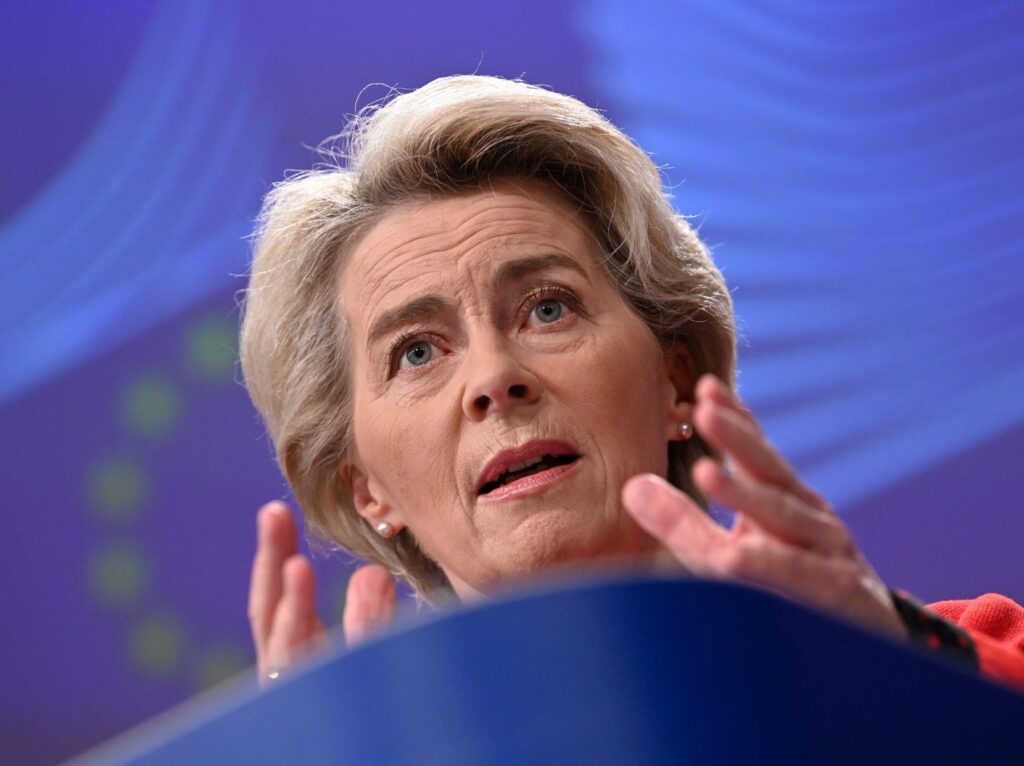
President of the European Commission Ursula von der Leyen on December 21, 2022. (JOHN THYS/AFP via Getty Images)
“We will still need to work and trade with China – especially when it comes to this transition. So we need to focus on de-risking rather than decoupling,” von der Leyen said, weakly promising to “open investigations” if the EU thinks Chinese government subsidies are distorting green technology markets.
The South China Morning Post (SCMP) on Sunday suggested Sweden’s discovery of a million metric tons of rare earth oxides could be a “game changer” because it might inspire the Europeans to invest in the refining capability needed to break China’s market dominance – a leading position held by the United States until the 1980s when onerous regulations caused the American rare earth mining industry to collapse.
French Institute of International Relations Center for Asian Studies director Francoise Nicolas threw a little cold water on these hopes by noting that it could take up to 15 years for Sweden’s new find to affect the market.
“Exploration of the site will not start for years, even if permits are delivered very fast. Moreover, the whole project is likely to face resistance due to its potentially harmful environmental and social impact,” she said, essentially reprising the history of how China managed to capture the mining industry in the first place.
Turkey also announced this month that up to eight valuable rare earth minerals were discovered in sizable quantities at a mine in Beylikova. Turkish Energy and Natural Resources Minister Fatih Donmez hailed it as “the second greatest discovery in the world.”
“In the coming period, we will see an unnamed struggle, a war in the field of rare earth elements, just as the energy wars were experienced in the past,” Donmez predicted.
“We will use these elements for our own national needs and then to sell them if there are export opportunities,” he said.
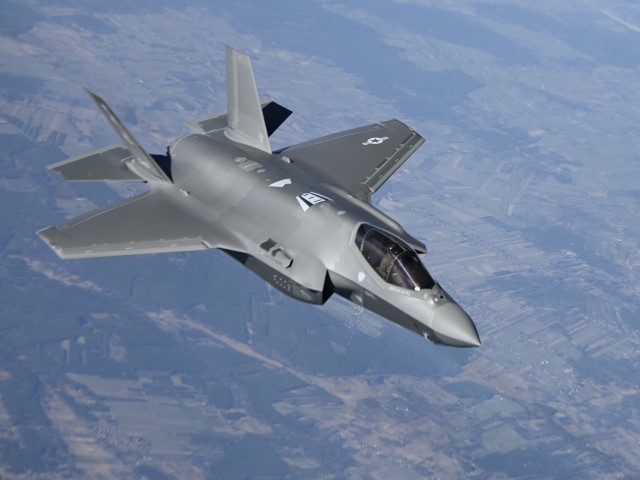
F-35 Lightning II aircraft assigned to the 34th Fighter Squadron, departs from a KC-10 Extender aircraft on Feb. 24, 2022. (Senior Airman Joseph Barron/U.S. Air Force via AP)
Donmez somewhat ominously used the F-35 Lightning II fighter as an example of a high-tech product that requires a large amount of rare earth elements.
“There are 45 kilograms of rare elements in an F-35 fighter jet. If you don’t put in that 45 kilograms, which is used in different components and parts, that plane is no longer the F-35. It cannot fly, and for such elements, the world is dependent on certain source countries,” he explained.
Turkey was expelled from the F-35 Joint Strike Fighter project in 2019 because it refused U.S. demands to avoid purchasing S-400 surface-to-air missiles from Russia. Among other reasons, the U.S. thought it was unwise to give Turkey a supply of both S-400 missiles and one of the planes they might be launched against.
The U.S. and Turkey held talks last week about bringing Turkey back into the F-35 project, or perhaps compensating Turkey for F-35s that were funded but will never be delivered. Another round of talks is tentatively scheduled for the second quarter of 2023. Donmez may have been mischievously dropping some hints about how Turkey could become a less risky supplier of vital minerals for the project than China, if the U.S. plays its diplomatic cards right.
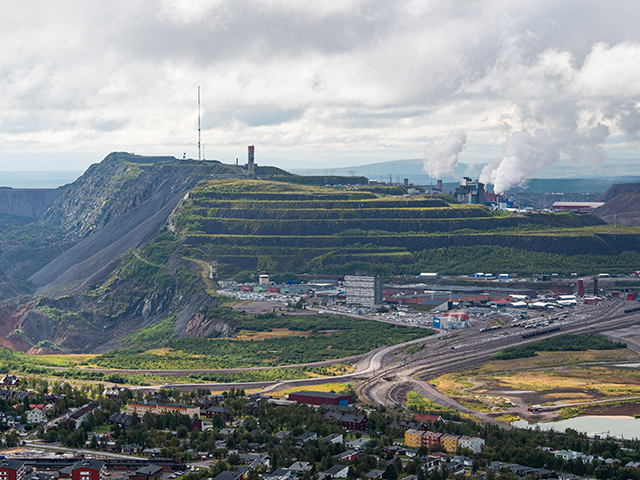
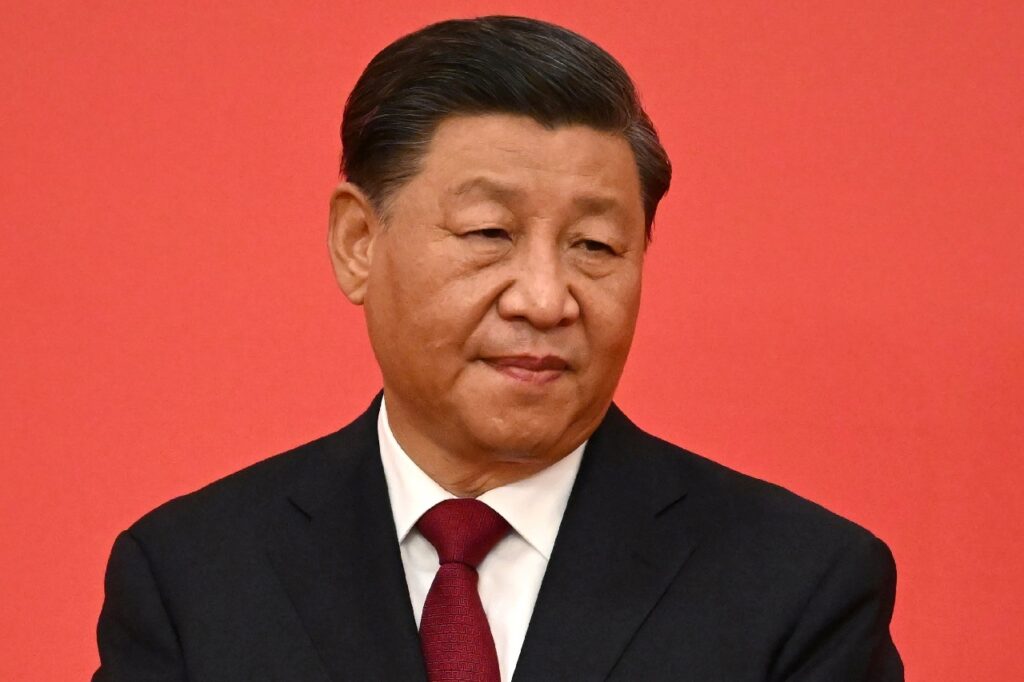
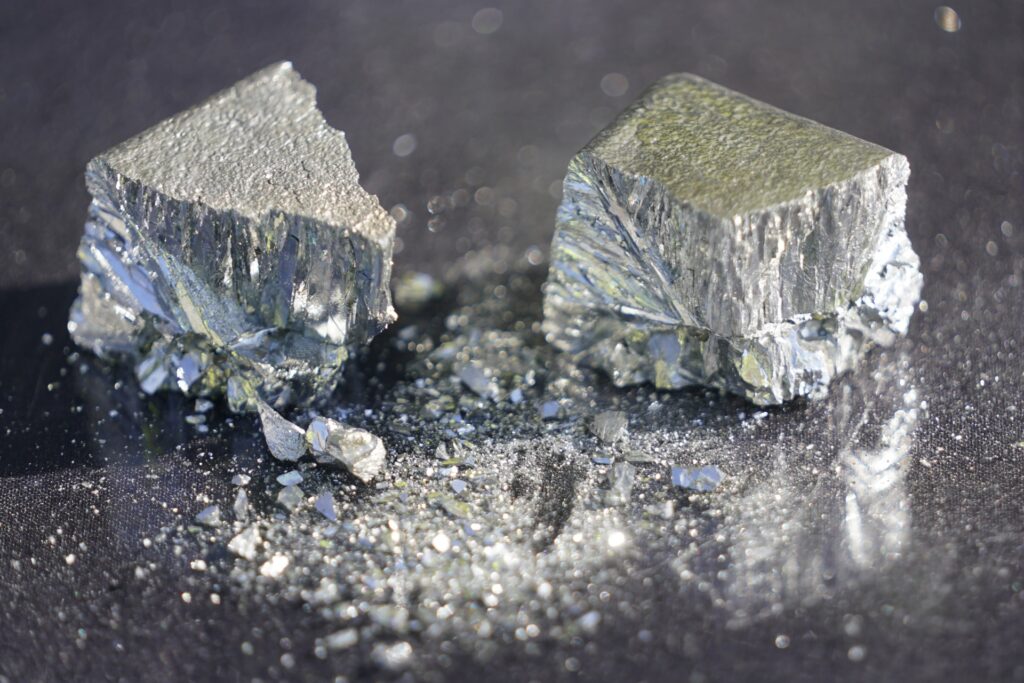
COMMENTS
Please let us know if you're having issues with commenting.